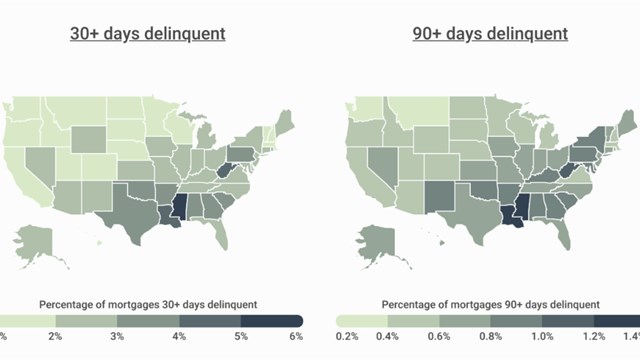The long-awaited rollout of COVID-19 vaccinations has begun at last, but has gotten off to a decidedly bumpy start. Getting shots to nearly 20 million New Yorkers - twice - has hit snags around everything from the supply chain to equitable distribution to communication about the process. While the state has prioritized certain vulnerable populations, it appears that determining both who to include in those categories and how to get shots in their arms is...complicated.
Essential or Not?
The workers that support and service New York’s many residential buildings and developments have been on the front lines of the pandemic since its arrival a year ago. When New Yorkers were required to stay in their homes as much as possible, these workers were deemed ‘essential,’ putting their own health and safety on the line to ensure that co-ops and condos continued to run smoothly, safely, and to the same standards to which owners and shareholders are accustomed. Often traveling via public transportation or carpool—before masks were mandated (or even widely available)— and social distancing was de rigueur, the state’s porters, janitors, maintenance crews, security personnel, managers, supers, and other property service professionals were a literal lifeline to the residents of the buildings they serve. Hundreds also contracted COVID while performing their jobs; dozens have died.
So it might stand to reason that these workers would be in the first priority brackets for receiving COVID-19 vaccinations - but according to Claudine Gruen, VP and Director of Operations for Garthchester Realty in Westchester, the state has not given authorization to prioritize the building service employees she works with. She and fellow managers are feeling frustrated and forgotten. “I reached out to one of the state senators and they contacted the governor’s office,” she tells CooperatorNews via email. “Needless to say, the response was not favorable.”
In keeping with much of the official communication around the pandemic, however, the answer you get to a particular question depends on who you ask. Albert Mayas, Director of Management, Executive Managing Director, and Executive VP with management firm Charles H. Greenthal & Co., has given the green light to his company’s employees to get vaccinated, based on Governor Andrew Cuomo’s February 11, 2020 executive order designating them as essential workers. “Many of our building staff members have already received their first vaccine dose without any issues,” he tells CooperatorNews. “Their union has also assisted them in obtaining information on vaccinations.”
Although holding a different interpretation of the governor’s orders, Mayas shares the indignation that Gruen and others feel about building service workers being left out of initial distribution phases. “How in the world would we ask building staff to increase their disinfecting processes to keep residents safe, come to work despite a pandemic, have contact with residents, visitors, inspectors, vendors and NOT consider them essential employees?” he asks.
Making it Mandatory
Assuming that building service workers are able to be vaccinated, the next question being posed by industry professionals is whether they should be required to get vaccinated as a condition of employment. Leni Morrison Cummins and Jennifer D. Miller, attorneys with New York law firm Cozen O’Connor, published an article on the topic on legal research website Lexology.com. In it, they ask, “Can boards require employees hired directly by the co-op or condo to get a COVID-19 vaccine in order to maintain employment?”
For now, the consensus among legal pros seems to be that boards do have the legal authority to require COVID-19 vaccinations for their employees - but there are significant caveats. Since the currently available vaccines are under emergency use authorization by the Federal Drug Administration (FDA), prospective recipients do have the right to refuse them; and the tenets of at-will employment that give the employers the right to establish working conditions—including mandatory vaccinations—are being questioned. The attorneys we spoke to note that some states have proposed legislation prohibiting employer mandates. There are also possible exemptions to employer mandates, such as those under the Americans with Disabilities Act (ADA) for employees with underlying medical conditions, and those under Title VII of the Civil Rights Act of 1964, which provides exemption to those with “sincerely held” religious beliefs.
Additionally, the attorneys point out that boards of co-ops and condos with unionized employees should carefully review their collective bargaining agreements, which may already provide a unilateral right for a board to implement a vaccination policy. Otherwise, the board “will more than likely need to bargain such implementation with the union to comply with the requirements of the National Labor Relations Act,” they write.
In considering whether to implement a vaccination policy for their buildings, say the attorneys, co-op and condo boards should be aware of these risks—as well as issues related to availability of and access to the vaccine in general—while taking into account the health and safety of not only their residents and occupants, but also their staff members. After all, it is among the board’s legal and ethical duties to provide a safe working environment for their building’s or community’s employees—an even more significant responsibility given all their hard work and sacrifice those employees have put into this exceptionally challenging year.










2 Comments
Leave a Comment